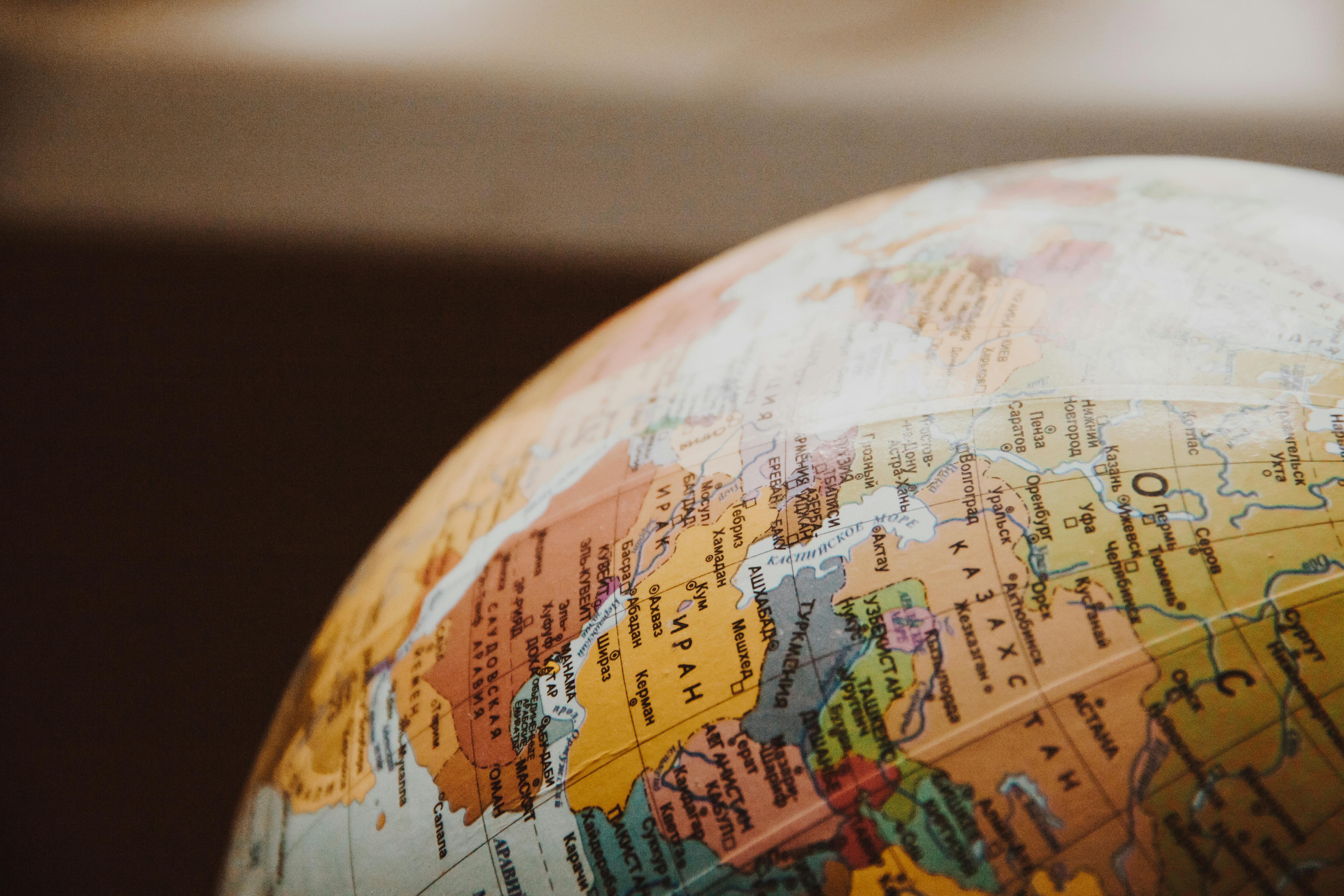Global Politics in 2025: Shifting Alliances and Emerging Power Dynamics
The political landscape in 2025 is marked by shifting alliances, rising geopolitical tensions, and transformative policy debates. From climate agreements to trade negotiations, defense strategies, and digital governance, nations are navigating an increasingly complex global order. Emerging powers, technological change, and domestic political dynamics are reshaping international relationships, creating both opportunities and uncertainties for policymakers worldwide.
Asia-Pacific: Strategic Competition and Regional Stability
Asia-Pacific remains a focal point of geopolitical competition. China’s growing economic and military influence continues to reshape regional dynamics, prompting neighboring countries to strengthen alliances and enhance defense capabilities. The United States has reaffirmed commitments to regional partnerships, balancing diplomatic engagement with strategic deterrence. Multilateral frameworks such as the Quad and AUKUS are increasingly central to ensuring stability in the Indo-Pacific.
Europe: Energy, Security, and Integration Challenges
Europe faces its own set of challenges. The European Union continues to grapple with energy security, economic integration, and migration pressures, while navigating relations with both NATO allies and neighboring powers. Tensions in Eastern Europe, particularly involving Russia and Ukraine, remain significant, influencing security planning, defense spending, and transatlantic cooperation. Efforts to achieve sustainable energy independence and reinforce technological sovereignty are key policy priorities.
Middle East: Diplomacy, Energy, and Transformation
Middle Eastern politics are experiencing a period of transformation. Shifts in diplomatic alignments, economic diversification efforts, and energy policy reforms are redefining regional power structures. Nations such as Saudi Arabia, the United Arab Emirates, and Israel are expanding economic cooperation, while ongoing conflicts and humanitarian crises continue to challenge regional stability and draw international attention. Energy diplomacy, including oil, natural gas, and renewable investments, remains a strategic tool in geopolitical maneuvering.
Africa: Governance, Security, and Economic Reform
Africa’s political landscape is evolving as nations address governance challenges, economic reforms, and security concerns. Regional organizations, such as the African Union, are promoting conflict resolution, trade integration, and infrastructure development. Emerging democracies are balancing domestic demands with international engagement, navigating the impacts of foreign investment, resource competition, and climate resilience strategies.
Latin America: Reform, Populism, and Regional Cooperation
Latin America is witnessing a mix of political continuity and change. Governments across the region are implementing social and economic reforms while addressing corruption, inequality, and environmental challenges. Cross-border cooperation, trade agreements, and international diplomacy are shaping regional stability, while citizens increasingly demand transparency, accountability, and equitable governance. The influence of populist movements and global economic pressures continues to drive political debates.
Climate Politics: A Global Imperative
Climate change has become a central political issue in 2025. Governments are under pressure to implement policies that reduce carbon emissions, transition to renewable energy, and enhance climate resilience. International climate agreements, green finance initiatives, and cross-border collaboration are essential to addressing global environmental challenges. Domestic politics often influence these policies, as leaders balance economic growth, energy needs, and societal expectations.
Technology and Cybersecurity: The New Political Frontier
Technology and cybersecurity are increasingly intertwined with politics. Nations are developing digital governance frameworks, regulating AI and data privacy, and protecting critical infrastructure against cyberattacks. The intersection of technology and national security has become a defining feature of modern geopolitics, influencing trade negotiations, intelligence operations, and defense planning. Emerging threats, such as misinformation campaigns and cyber espionage, require coordinated international responses.
Trade and Economic Policy: Strategy and Influence
Global trade and economic policy are closely linked to political decisions. Tariffs, sanctions, and trade agreements are employed strategically to advance national interests, influence regional dynamics, and promote economic competitiveness. Supply chain diversification, investment in technology sectors, and economic diplomacy are tools used by governments to navigate a complex international landscape. Economic resilience has become central to political strategy, reflecting the interconnectedness of global markets.
Public Opinion: The Rise of Civic Influence
Public opinion and social movements continue to shape political outcomes. Citizens worldwide are increasingly engaged in issues such as human rights, climate justice, digital privacy, and equitable economic policy. Protests, social media campaigns, and grassroots activism influence decision-making, prompting governments to respond to domestic pressures while navigating international obligations. Civil society’s role in accountability and advocacy is growing, reflecting a more participatory approach to governance.
Outlook for 2025 and Beyond
Looking ahead, 2025 will likely be defined by both collaboration and competition in global politics. Diplomatic negotiations, technological advancements, and multilateral cooperation will shape the ability of nations to address shared challenges. Leaders who can balance domestic priorities with international responsibilities, while navigating technological, economic, and environmental shifts, will be critical in defining the global political order.
FAQs
What are the main geopolitical hotspots in 2025?
Asia-Pacific, Europe (Eastern Europe), the Middle East, Africa, and Latin America are primary areas of focus.
How does climate change influence politics?
Governments implement policies to reduce emissions, transition to renewable energy, and enhance climate resilience, often balancing economic growth with environmental needs.
Why is technology important in modern politics?
Digital governance, cybersecurity, AI regulation, and protection against cyber threats are central to national security and international relations.
What role do social movements play?
Activism, public opinion, and grassroots campaigns influence government decision-making on human rights, climate, and economic policy.
How are trade and economics linked to politics?
Trade agreements, tariffs, sanctions, and investment strategies are used to advance national interests and navigate international dynamics.
Conclusion
Global politics in 2025 is characterized by complexity, interconnectivity, and rapid change. Nations face challenges and opportunities driven by technological innovation, climate imperatives, demographic shifts, and regional rivalries. Balancing domestic needs with international obligations requires nuanced diplomacy, strategic foresight, and collaboration.
As emerging powers rise, alliances evolve, and social expectations grow, the global political landscape will continue to redefine the balance of influence, shaping the policies and priorities that will define this decade and beyond.











